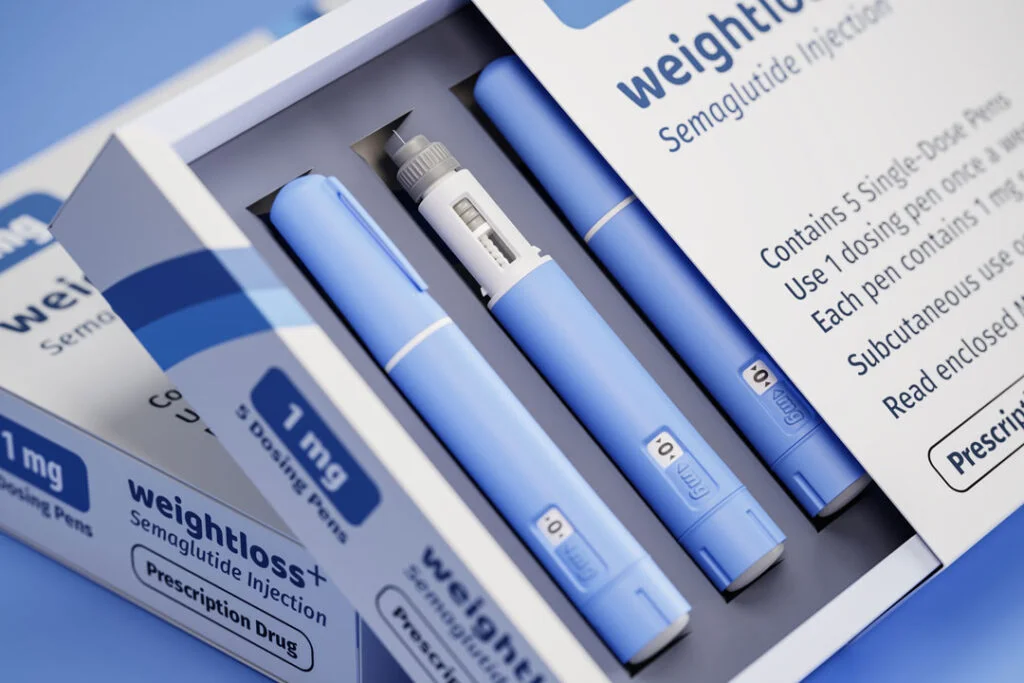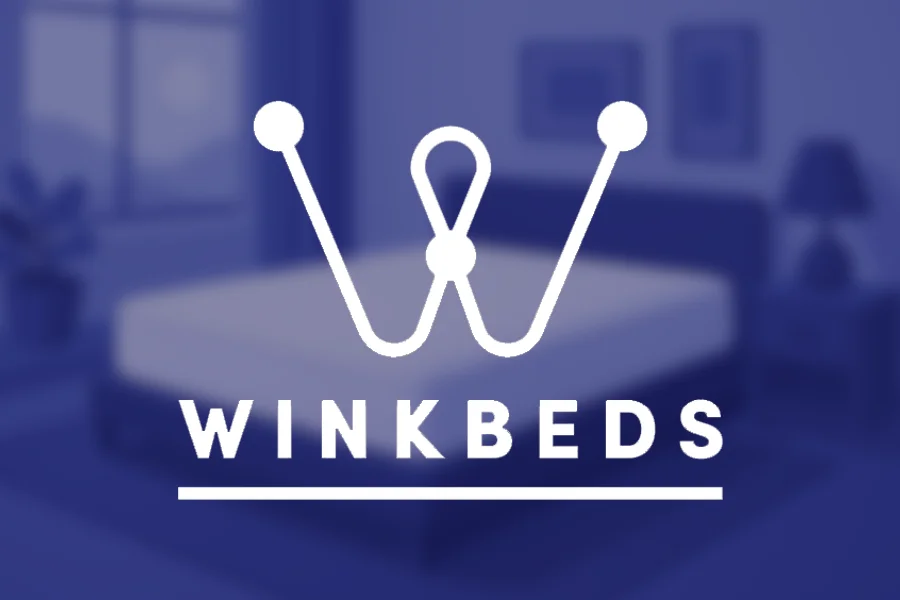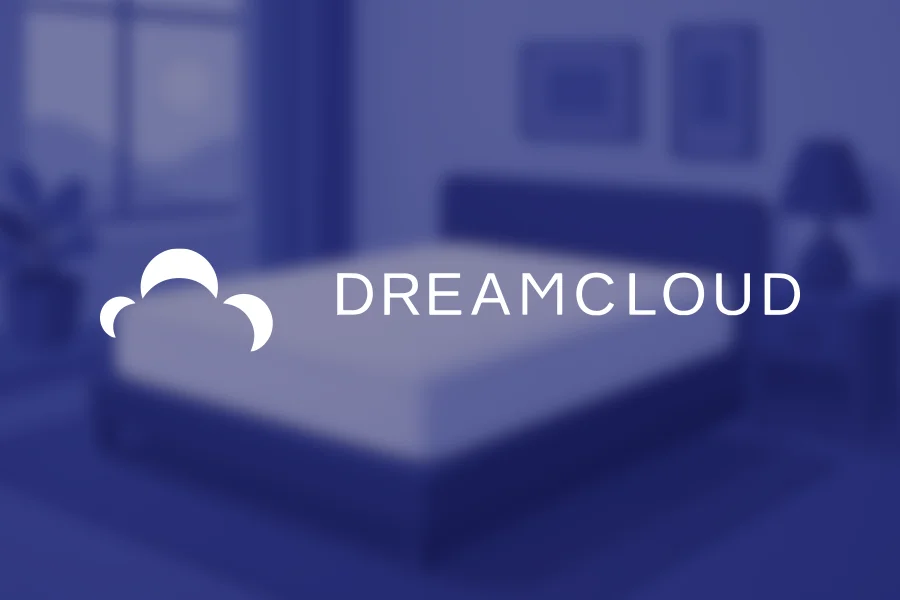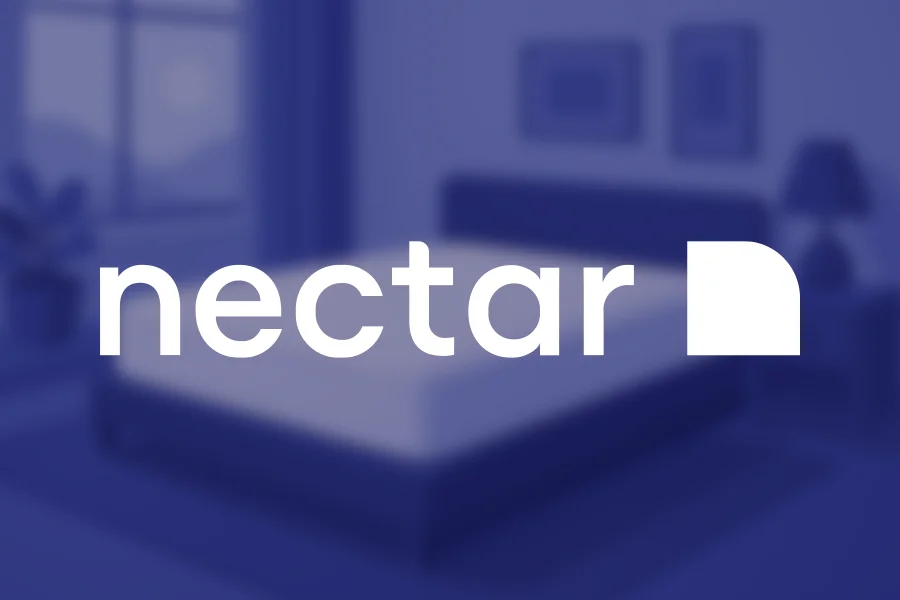
The type-2 diabetes and weight loss drug Ozempic made its rounds in the media after celebrities like Amy Schumer and Tracy Morgan said they tried it — and has make it’s way to TikTok and Instagram ads.
Hear Sleepopolis’ director of sleep health, Dr. Shelby Harris, chat all things sleep on our podcast Sleep Talking With Dr. Shelby!
According to Harvard Health, some of the most common side effects of the drug include gastrointestinal upset, including nausea, diarrhea, and constipation, (1) and the Mayo Clinic lists sleep problems under the “incidence not known” category. (2) A new study, which interestingly used the power of the internet, found that sleep-related issues such as insomnia were common complaints posted on various social media platforms, raising the question — can Ozempic cause sleep problems?
Before we dive into the answer, let’s first go over exactly what Ozempic is. Ozempic is a GLP-1 receptor agonist, which means it acts like the hormone GLP-1 that is naturally released when you eat and tells your body to release insulin. (1)
When someone has type 2 diabetes, their cells are resistant to insulin and they may need medication to manage their blood sugar levels (3) — and sometimes GLP-1 drugs are used. GLP-1 drugs can also contribute to weight loss, and some of these drugs, including Ozempic, have been approved as weight loss medications because of their ability to make people feel full for a longer period of time. (1)
What Are People Saying About Ozempic and Sleep Issues?
Ana Reisdorf, a registered dietician and founder of The Food Trends, told Sleepopolis about her struggles with insomnia while taking compounded Ozempic. While she said that she already struggled with insomnia and often woke up between two and three o’clock in the morning, her insomnia worsened while on the medication.
“This (the insomnia) was HORRIFIC while on the compounded Ozempic. While on Ozempic, I was waking up at 3 a.m. at least three to five nights per week. I had to double my Trazodone during the time I was on the Ozempic and was still struggling to stay asleep,” said Reisdorf. (4)
It turns out that Reisdorf is not alone when it comes to sleep problems while taking GLP-1 drugs.
The study mentioned above, published in November of 2023, analyzed 12,136 comments on Reddit, 17,059 TikTok videos, and 14,515 Youtube videos mentioning certain GLP-1 receptor agonists (including Ozempic), finding the most common matches (620) related to insomnia and sleep problems. (5)
Dr. Meredith Warner, a Baton Rouge orthopedic surgeon, founder of Well Theory, and author of the upcoming book Bone on Bone, An Orthopedic Surgeon’s Guide to Avoiding Surgery And Healing Pain Naturally, told Sleepopolis, “This study looked at comments made on social media and is, therefore, not very well controlled. The people who make comments on sites generally self-select, which leads to responder bias. That said, there is a possibility that GLP-1 receptor agonists might affect sleep.” (6)
Dr. Warner explained that the current research on GLP-1 receptor agonists and their impact on sleep is conflicting, as some evidence suggests that they might actually improve sleep.
“Right now, there is little research into the effects of these drugs on sleep, and the evidence is conflicting. However, a lot of work is being done on OSA (obstructive sleep apnea). The balance of evidence seems to indicate that these medications might improve sleep.” (6)
What Do Experts Have to Say About Ozempic and Sleep Problems?
Dr. Audrey Wells, Sleep Medicine Physician at Super Sleep MD, told Sleepopolis that the answer to the question around Ozempic causing sleep problems depends on the individual.
“There are so many parallels between eating and sleeping. When you go in and manipulate one of those, it’s not surprising that the other is affected,” said Dr. Wells. (7)
Dr. Wells explained that the sleep problems reported by some people taking the medication could be due to comorbidities: “Some people enjoy better quality sleep, but some people experience sleep disruptions and insomnia, which could be a part of comorbid anxiety and/or depression.”
As another possible explanation, Dr. Wells said when these medications are injected, they’re not delivered to the body in a steady, natural way, which may cause certain hormones to interfere with sleep. “GLP-1 actually excites a pathway in the brain involving orexin hormones (which are responsible for promoting alertness) so this may compete with sleep, and may cause trouble with falling and staying asleep.” (7)
In addition, Dr. Wells said GLP-1 injections like Ozempic can contribute to mental health problems, which are known to be associated with sleep problems. “When you take away someone’s appetite using the GLP-1 injection, it can trigger anxiety and depression. And the anxiety and depression associated with this can also interfere with sleep,” explained Dr. Wells.
Dr. Wells recommended doubling down on good sleep hygiene practices, which include limiting blue light exposure before bed and maintaining regular sleep times. She also said to prioritize sleep as much as you do diet and exercise.
If practicing good sleep hygiene does not improve symptoms of insomnia while on a GLP-1 receptor agonist, it’s a good idea to talk to your doctor. “If it doesn’t get better, they may have to think about a lower dose,” Dr. Wells added.
While sleep problems are not a commonly reported side effect of Ozempic and other GLP-1 agonists, each person is different and medications may affect them in different ways. If you are experiencing sleep problems while taking any medication, it’s a good idea to talk to your doctor since sleep impacts so many variables of our health.




Sources
- Catanese, Lisa. “GLP-1 diabetes and weight-loss drug side effects: “Ozempic face” and more.” Harvard Health. February 4, 2024. https://www.health.harvard.edu/staying-healthy/glp-1-diabetes-and-weight-loss-drug-side-effects-ozempic-face-and-more
- The Mayo Clinic. “Semaglutide (Subcutaneous Route) — Drugs and Supplements.” https://www.mayoclinic.org/drugs-supplements/semaglutide-subcutaneous-route/side-effects/drg-20406730?p=1
- Centers for Disease Control and Prevention. “Type 2 Diabetes.” https://www.cdc.gov/diabetes/basics/type2.html
- Reisdorf, Ana. Personal Interview. April 8, 2024.
- Arillotta, Davide et al. “GLP-1 Receptor Agonists and Related Mental Health Issues; Insights from a Range of Social Media Platforms Using a Mixed-Methods Approach.” Brain sciences vol. 13,11 1503. 24 Oct. 2023, doi:10.3390/brainsci13111503
- Warner, Meredith. Personal Interview. April 7, 2024.
- Wells, Audrey. Personal Interview. April 5, 2024.


























